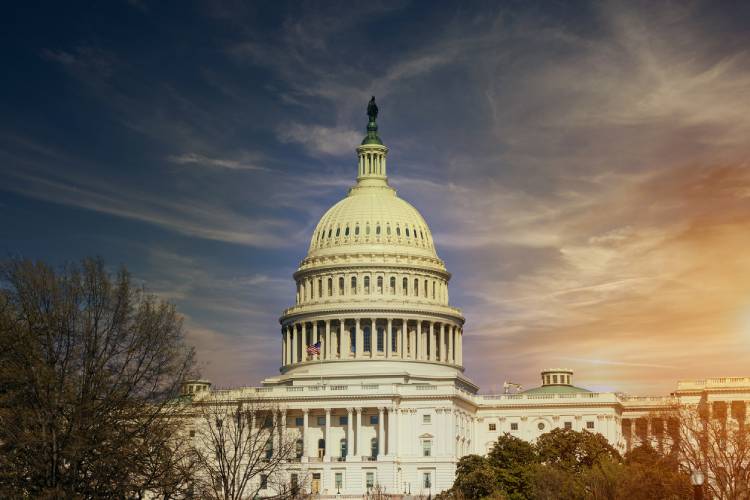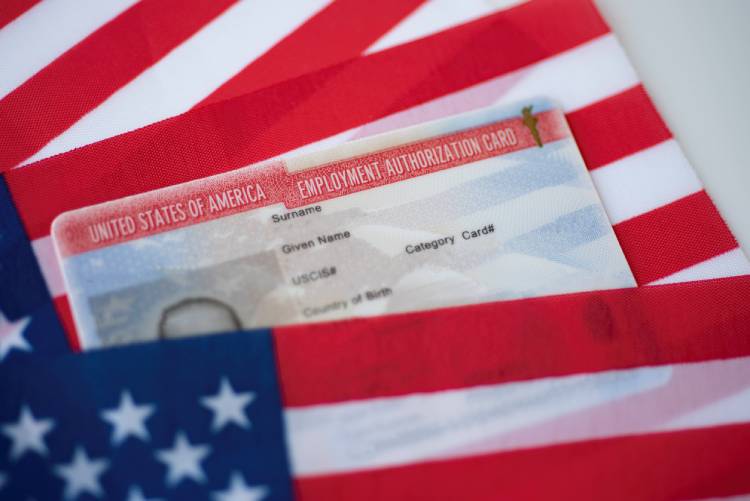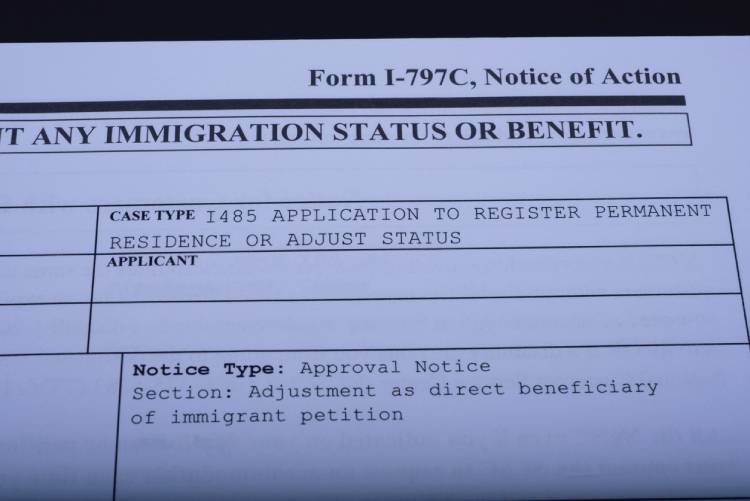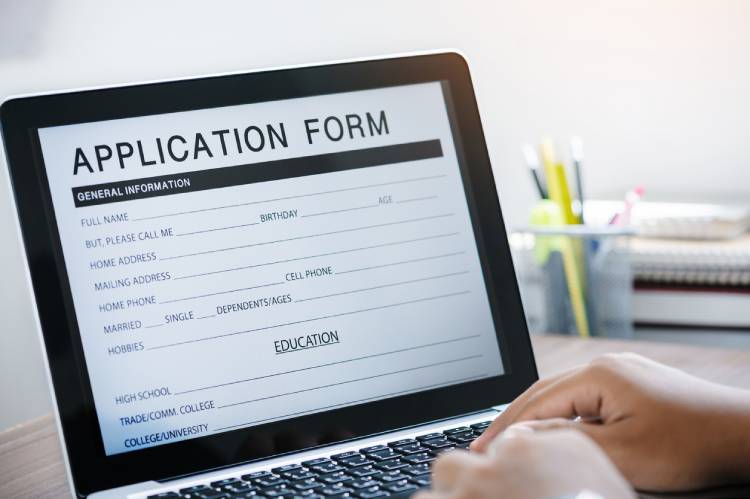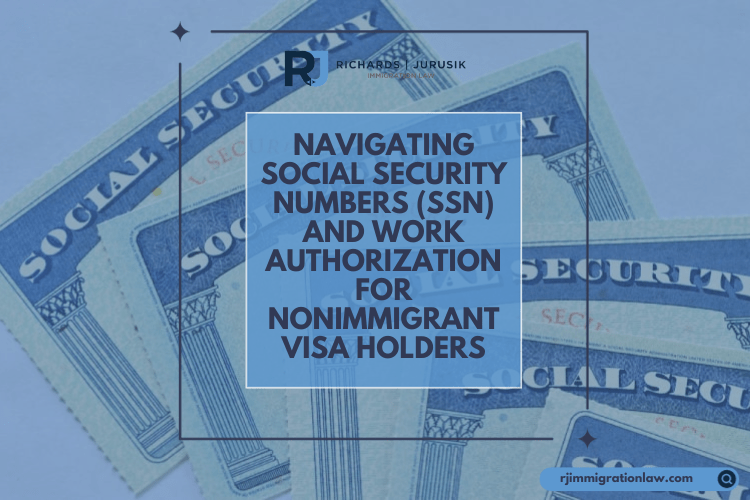In the age of digitalization, social media has transcended beyond just a platform for social interaction, influencing various facets of life, including the process of applying for a U.S. visa. Integrating social media queries in visa application forms by the U.S. Department of State marks a significant shift in the vetting process, underscoring the role of digital footprints in national security and immigration screening. This article discusses how social media accounts impact U.S. immigration visa applications.
Key Takeaways on Social Media Disclosures in Visa Applications
1. Mandatory Disclosure on Visa Forms
The U.S. Department of State has updated its visa application forms, DS-160 and DS-260, to include queries about applicants’ social media handles or identifiers. This change reflects an effort to enhance the vetting process for visa applicants by scrutinizing their online presence across various platforms, including Facebook, Twitter, Instagram, and others.
2. All-Inclusive Requirement
The mandate to disclose social media information applies to all applicants of nonimmigrant and immigrant visas, highlighting the comprehensive approach taken by the U.S. government in its security measures.
3. Privacy Concerns Addressed
Applicants must share their social media handles but not their passwords, ensuring privacy while allowing for a thorough background check. This distinction is crucial in balancing security needs with individual privacy rights.
4. Accommodation for Non-Social Media Users
Recognizing that not everyone uses social media, the forms allow applicants to indicate “None” if they do not have any social media accounts. This ensures that the lack of social media engagement does not negatively impact an applicant’s visa application.
5. No Bias in Visa Adjudication
The guidelines explicitly prohibit consular officers from denying visas based on applicants’ race, religion, ethnicity, national origin, political views, gender, or sexual orientation, ensuring a fair and unbiased adjudication process.
The Importance of Honesty and Accuracy
Filling out the DS-160 or DS-260 form requires accurate and honest applicants. Providing false information or omitting details about one’s social media presence can lead to visa refusal or denial. Therefore, applicants must approach this visa application section with the same seriousness as all other sections.
For individuals navigating the complexities of the visa application process, especially concerning social media information, seeking guidance from experienced U.S. Immigration Lawyers may provide clarity and increase the chances of a favorable outcome.
Conclusion
The inclusion of social media identifiers in visa application forms is a testament to the evolving nature of security measures in the digital age. While it adds another layer to the application process, understanding the requirements and the rationale behind them can help applicants navigate this aspect more confidently. Remember, the goal is to ensure the safety and security of U.S. citizens while facilitating legitimate travel and immigration to the United States.
Subscribe to Our Resources Blog
Schedule a Consultation with an Immigration Lawyer
Citations
- US Department of State – FAQs on Social Media Collection
- DS-160: Online Nonimmigrant Visa Application
- DS-260 Immigrant Visa Electronic Application
We Can Help!
You may have questions regarding U.S. immigration laws and visas. We invite you to contact our team at Richards and Jurusik for detailed guidance and assistance. We aim to provide the most accurate and up-to-date information to make your immigration process smoother and less stressful. The immigration lawyers at Richards and Jurusik have decades of experience helping people to work and live in the United States. Read some of our hundreds of 5-star client reviews! Contact us today to assess your legal situation.


